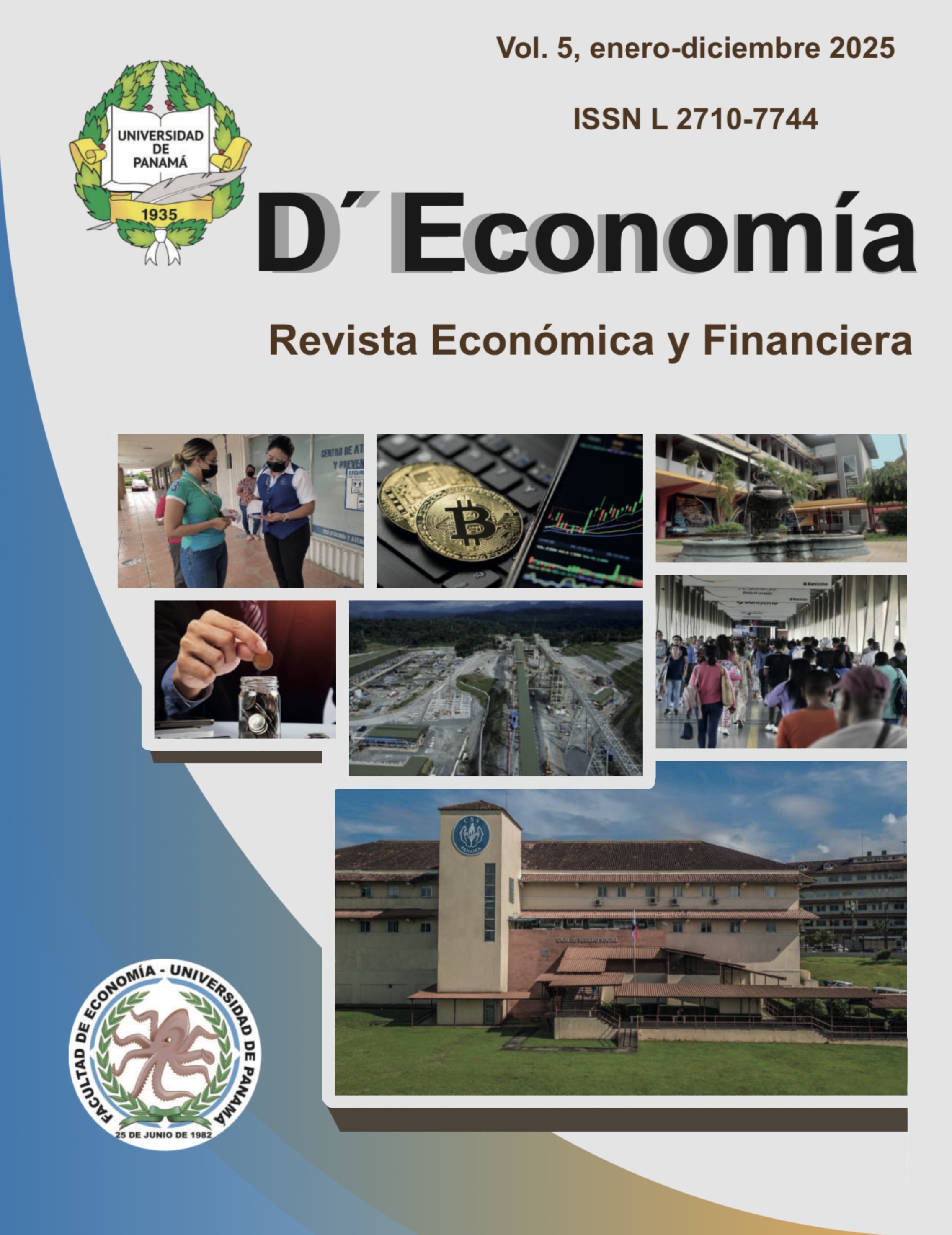

This article provides a description and ordering of the current debate on the relevance of economic indicators to determine the current state of the tangible social reality. It begins by establishing the theories that identify the origin of economic measurement and its typologies. It continues with the criticism of the methodologies to measure the main indicators, including unlimited economic growth to achieve development in an economy and as a tool to measure the well-being of society.
In this criticism arises the proposal of the economic reductionism of neoliberal economic policy, which has focused economic action on the market, on individualism; Consequently, reducing human beings from “humans” to “customers”. It concludes by presenting new proposals, in debate, of measurement presented in two perspectives: adjusting-correcting traditional indicators or discarding the use of traditional indicators.
In summary, the article primarily analyzes the theoretical-practical currents that support the approach, the elements that mark the criticism, the social and academic actors involved and the proposed solutions currently under debate.